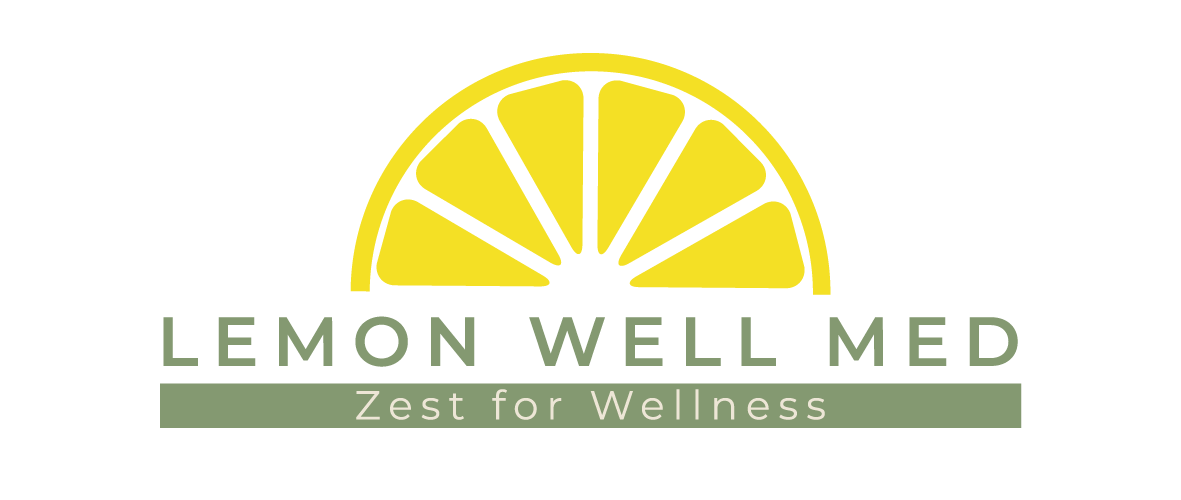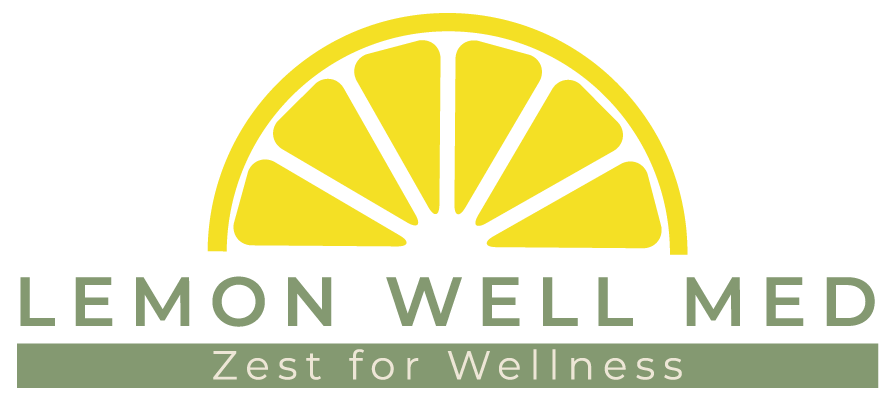What foods are high in Omega 3? The best vegan omega 3 sources
What foods are high in Omega 3? The best vegan omega 3 sources
Veganism is becoming more and more popular worldwide. Many vegans are looking to provide adequate amount on nutrients which can be available in the lower amount in the plant based products, among others omega 3 fatty acids. Omega 3 fatty acids are one of the essential nutrient, meaning that they need to be provided through diet or supplementation. This is due to the fact that our body is not able to produce them on its own. Vegan omega 3 fatty acids from food are in the form of alpha-linolenic acid (ALA) only and this might not be sufficient to meet our body needs for omega 3.
What are omega 3 fatty acids?
Omega 3 fatty acids are building blocks of every cell membrane, they help to keep the cell membrane flexible and allow nutrients to be transported in and out of the cell. They play crucial role in brain health (10-20% of fats in the brain is DHA). As building blocks of lipids they are also a source of energy for our body. Omega -3 fatty acids are also precursor for substances called eicosanoids – signalling molecules helping to maintain a healthy inflammatory response and supporting immune system.
There are three types of omega 3 fatty acids:
- ALA – alpha-linolenic acid – it is present only in the plants and is converted in our body into EPA and DHA
- EPA – eicosapentaenoic acid – present in fish, fish oil and krill oil – it is due to these organisms eating plankton (algae) which are the highest source of EPA and DHA
- DHA – docosahexaenoic acid – present in fish, fish oil and krill oil
EPA and DHA are considered most beneficial for our body, ALA is present only in vegan sources and its conversion to EPA and DHA is approx. 8% for EPA and 1% for DHA. Additional sources of EPA and DHA are required for vegans to provide appropriate amount.
Benefits of omega 3:
- It supports brain function – the highest concentration of omega 3 fatty acids (DHA) is in our brain and eyes; it is very crucial for foetus’s brain development – supplementation of omega-3 during pregnancy has shown increase IQ in the infants. Additionally, omega 3 can help to prevent dementia or Alzheimer’s disease.
- It helps to reduce inflammation in inflammatory conditions like autoimmune disease (ie. rheumatoid arthritis, endometriosis)
- It supports immune function
- It supports cardiovascular system by reducing the inflammation in the arteries and reducing triglycerides level having impact on reduction of blood pressure
- It helps to reduce dryness of the skin and eyes and reduce risk of age-related macular degeneration (AMD)
What are the best vegan omega 3 fatty acids sources?
Majority of vegan omega 3 fatty acids sources contain ALA fatty acid only, this requires the conversion into EPA and DHA in our body. EPA and DHA for vegans can be directly provided through algae oil in the supplement form.
| Food | ALA (g/per serving) | EPA (g/per serving) | DHA (g/per serving) |
| Flaxseed oil, 1 tbsp | 7.26 | ||
| Chia seeds, 1 ounce (28 g) , 3 tbsp | 5.06 | ||
| English walnuts, 1 ounce (28g) | 2.57 | ||
| Flaxseed, whole, 1 tbsp | 2.35 | ||
| Walnut oil, 1 tbsp | 1.41 | ||
| Hemp seeds, 1 tbsp | 1.00 | ||
| Black walnuts, 1 ounce (28g) | 0.76 | ||
| Brussel sprouts (1/2 cup) | 0.44 | ||
| Edamame, frozen, prepared, ½ cup | 0.28 | ||
| Algae oil as supplement (350 mg – 2 capsules) | 0.085 | 0.165 |
What are the daily requirements of omega 3 fatty acids?
The Association of UK Dietitian recommends daily dosage of 450mg EPA +DHA however even higher dosage 1 g daily is recommended by American Heart Association (AHA). Vegans and people not consuming fish should make sure that they provide adequate amount in the form of additional supplementation.
There might be even higher dosage recommended in case of specific health conditions – however before supplementing higher dosage consult it with your doctor or dietitian as it might go into interaction with other medication (for example anticoagulant drugs).
It is also worth checking omega 3 amount in your body and its proportion to other fatty acids (omega 6 and saturated fatty acids) in order to decide on your diet adjustments and omega 3 supplementation – you can do it through a blood spot test available at some laboratories or you can ask your therapist for an advise.
Supplementation
The vegan omega 3 fatty acids in liposomal form have a much higher bioavailability in comparison to regular supplements. They are packaged in phospholipids from oil; this means that they can be taken at any time and that they don’t need to be taken with a fatty meal.
Check out our highly bioavailable Vitamunda liposomal vegan omega 3 from algae oil. They have many benefits:
- 100% Vegan – plant-based
- Higher bioavailability
- No impact on the marine ecosystem
- 85% more powerful than Omega-3 from fish oil
- Free from contamination
- 100% pure ingredients
- Suitable for vegetarians and vegans
Author: Gosia Sojka – nutritional therapist at Blossom Nutritional Therapy



